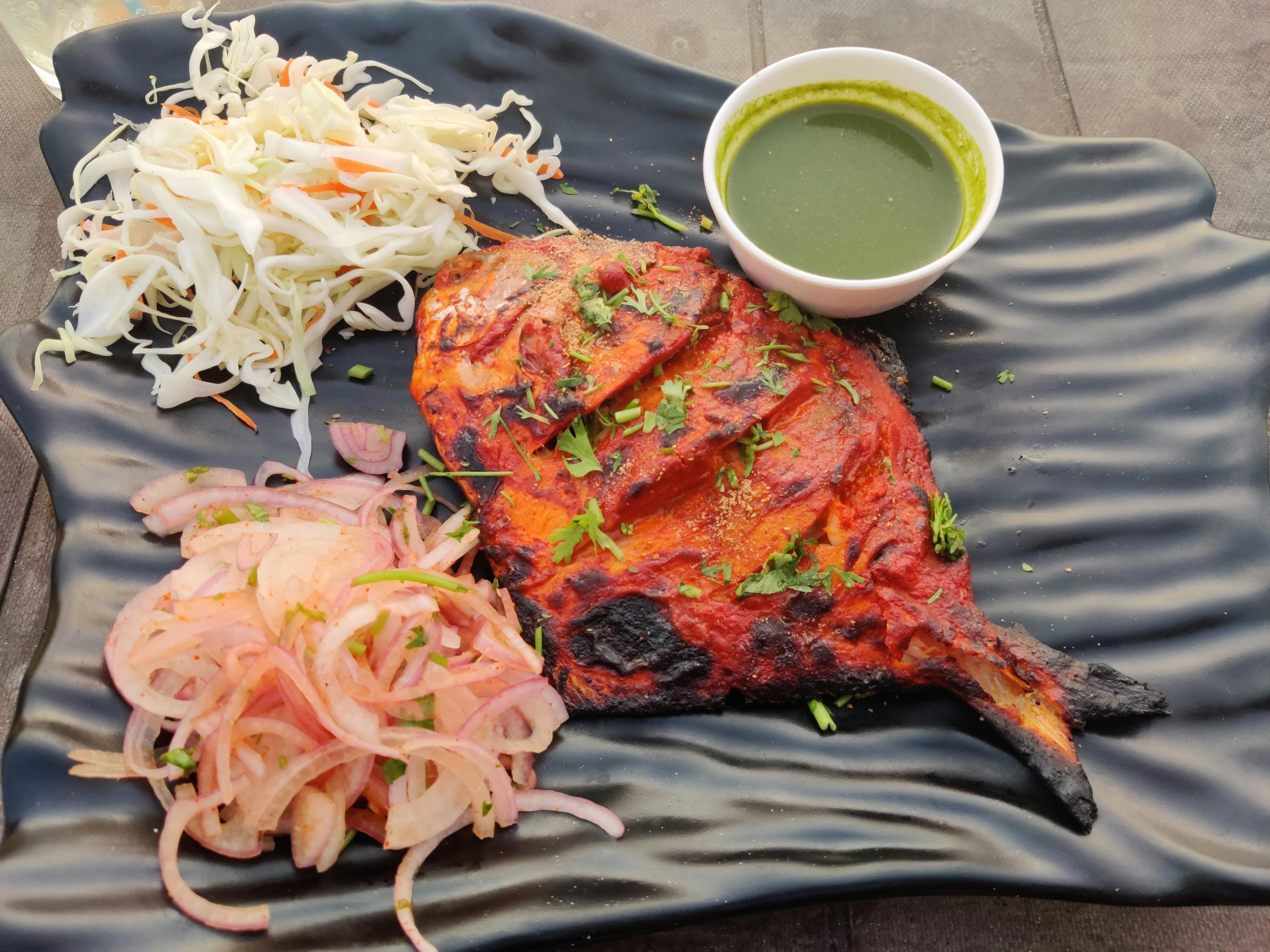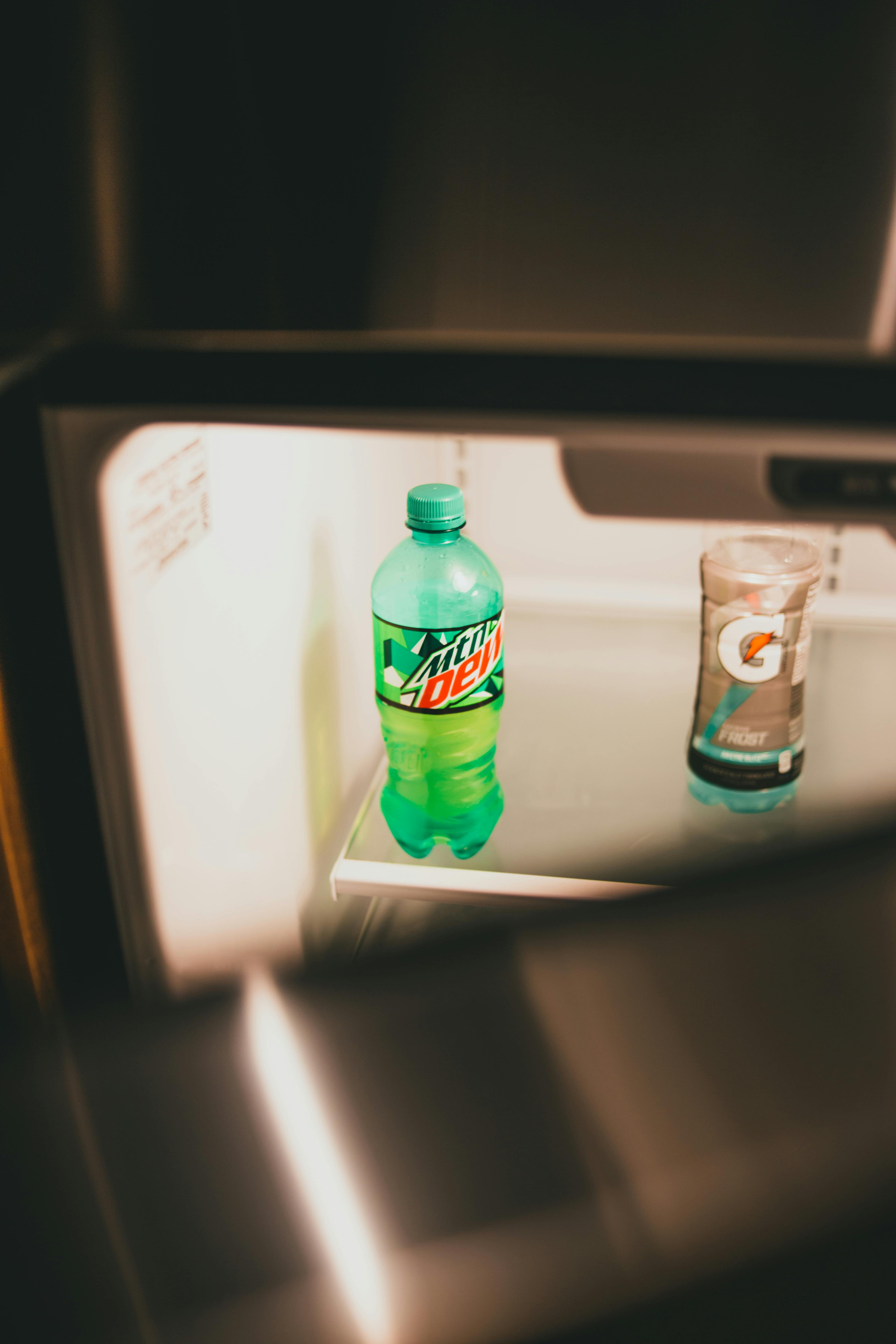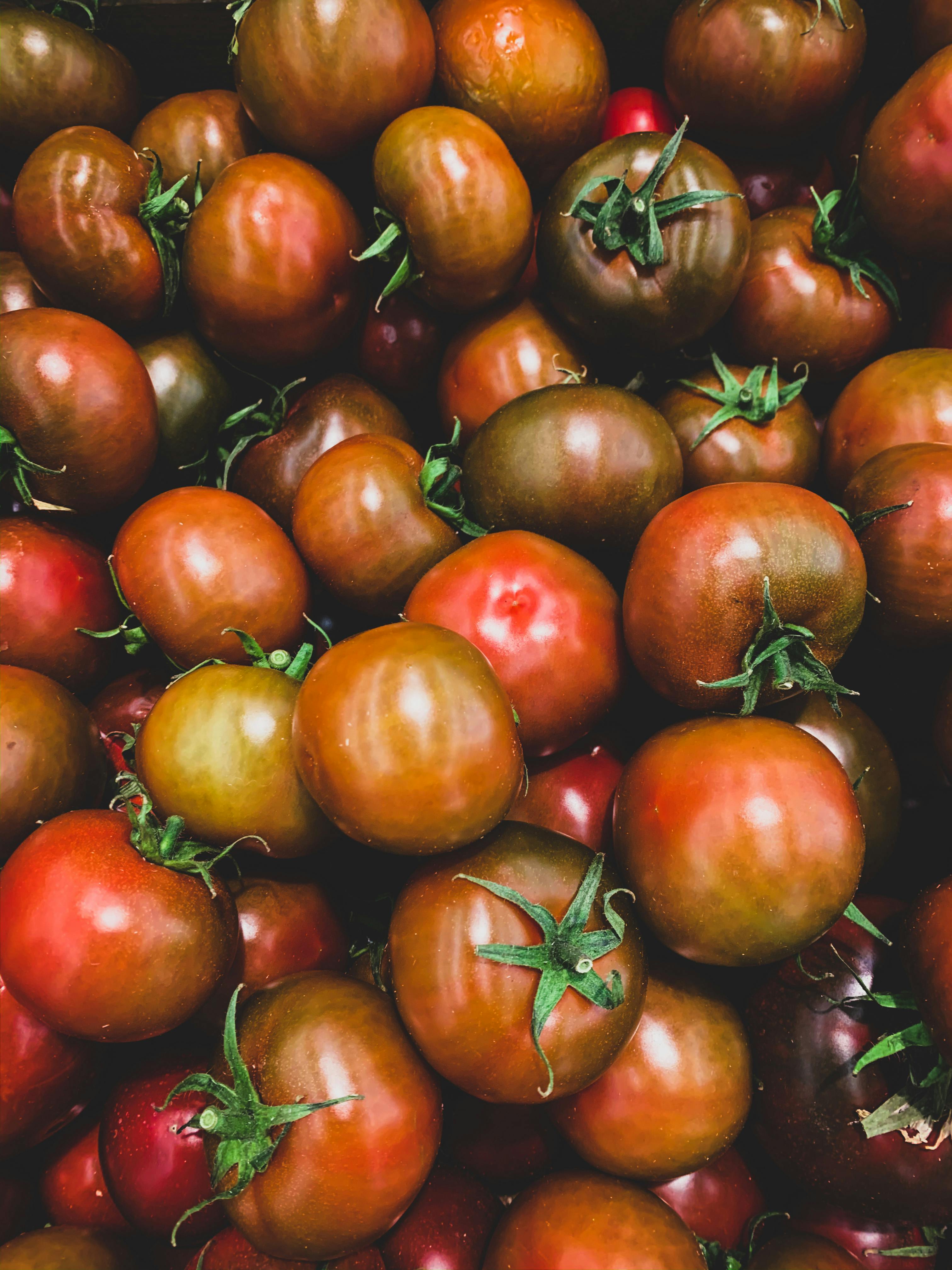
Smart Guide to a 7-Day Kidney Stone Diet Plan for Improved Health in 2025
Managing kidney stone formation can significantly improve your health and well-being. A kidney stone diet plays an essential role in preventing stone recurrence and enhancing kidney health. In this comprehensive guide, you'll explore meal planning, foods to avoid, hydration strategies, and the significance of certain nutrients to effectively manage kidney stones.
Understanding Kidney Stones and Dietary Impact
Kidney stones are hard deposits formed in the kidneys from minerals and salts. The dietary choices you make can influence kidney stone formation. An effective strategy is understanding the connection between specific foods and kidney health. For example, diets high in oxalate-rich foods, such as spinach and rhubarb, can contribute to the development of calcium oxalate stones. Meanwhile, a diet rich in potassium-rich foods can help minimize stone risk.
What to Know About Hydration for Kidney Stones
Hydration is crucial in managing kidney stones. The role of hydration affects urine output and can dilute the concentration of stone-forming substances, thereby reducing the risk of kidney stone formation. Aim for at least 2-3 liters of water daily. Incorporating beverages like lemon juice can further aid in this regard. The citric acid in lemon juice helps prevent stone formation and enhance alkalinity in urine.
Nutrition for Kidney Stone Prevention
A balanced diet should focus on essential nutrients for kidney health. Include dietary fibers, whole grains, and various herbs in meals to make them kidney-friendly. Emphasizing foods high in magnesium may help prevent stones, as magnesium can bind oxalate in the intestines. With a well-rounded nutrient profile, you create a dietary framework conducive to long-term kidney health.
Impact of Animal Protein on Kidney Stones
Animal protein can raise urine calcium excretion, increasing stone risk. Limiting red meat, chicken, and fish while opting for plant-based proteins could enhance your dietary approach. Explore sources like legumes, nuts, and seeds while maintaining portion control. Weaving in lean protein aids kidney function without contributing excessively to stone formation.
7-Day Kidney Stone Diet Plan Overview
This kidney stone diet plan features nutrient-dense foods across a week, aiming to minimize high-risk foods while maximizing hydration.
Day 1: Starting Strong
For breakfast, enjoy oatmeal topped with blueberries – rich in antioxidants and perfect for fiber. Lunch could feature a quinoa salad with mixed vegetables, while dinner might include grilled chicken on a bed of steamed broccoli. Snack on low-fat yogurt sprinkled with chia seeds throughout the day to maintain satiety.
Day 2: Balanced Choices
The second day should commence with a smoothie made from a banana, spinach, and almond milk. Whole grains should accompany grilled fish and roasted sweet potatoes for lunch. Adopting a beans and vegetable stir-fry for dinner ensures nutrient diversity. Ensure adequate hydration by adhering to your daily water intake goals.
Days 3 to 7: Incorporate Variety & Adjust As Needed
Following a similar structure, incorporate a variety of vegetables and fruits rich in fiber, potassium, and antioxidants. Each day, adjust portion sizes and snacks, focusing on healthy fats like avocados to enhance meals and vitality. Throughout the week, track your urine output and hydration levels for better monitoring urine output.
Foods to Avoid for Optimal Kidney Health
Identifying foods that promote kidney stone formation is essential. Certain foods high in oxalates, like nuts, potatoes, and tea, should be limited. A dietary focus on avoiding salt and refined sugars fosters a low-sodium diet, contributing to kidney stone prevention.
Refined Foods and their Effects
Refined foods impact kidney health negatively, often increasing stone risk through higher sodium and lower vitamin content. Instead, cultivate a habit of choosing whole food alternatives that retain their nutrients. Reading food labels while grocery shopping helps maintain awareness of potentially harmful ingredients.
The Role of Supplements and Vitamins
The importance of vitamins, especially B6 and magnesium, should not be overlooked. These nutrients support metabolic processes and may decrease stone recurrence. It’s advisable to consult healthcare professionals when considering dietary supplements for kidney health to personalize intake according to your needs.
Meal Planning and Preparation Techniques
Effective meal planning can enhance the success of your kidney stone diet. Plan your meals around fresh produce and incorporate cooking methods like steaming or sautéing with minimal fats to retain the beneficial properties of foods. Ensure to educate yourself on various cooking techniques to prepare kidney-friendly meals.
Key Takeaways
- Stay hydrated consistently to prevent kidney stones.
- Opt for balanced meals rich in magnesium, potassium, and dietary fiber.
- Avoid oxalate-rich and refined foods.
- Plan your meals thoughtfully with nutrient-dense options.
- Incorporate fruits and vegetables tailored for kidney health.
FAQ
1. What are the common symptoms of kidney stones?
Common symptoms include severe pain in the lower back or side, blood in urine, persistent urge to urinate, nausea, and vomiting. Prompt symptoms management is crucial to avoiding complications.
2. How does a low-sodium diet affect kidney health?
A low-sodium diet can lower the risk of hypertension and help prevent kidney stones by reducing calcium excretion in urine. Less sodium helps maintain a healthy heart and kidneys.
3. Are there specific fruits I should include in my kidney stone diet?
Fruits such as berries, apples, and oranges are highly recommended. Their abundance of vitamins and fiber supports kidney function, promoting hydration and mineral balance essential for preventing stones.
4. Can dietary modifications contribute to long-term kidney health?
Yes, effective dietary modifications can play a significant role in maintaining long-term kidney health. Adopting a whole food diet coupled with lifestyle changes can reduce risks associated with kidney stones.
5. How much water should I realistically drink daily?
Drinking 2-3 liters of water per day is typically recommended to dilute urine and help prevent stone formation. Regular hydration encourages proper kidney function and reduces overall stone risk.
6. What herbs are beneficial for preventing kidney stones?
Herbs like dandelion root and nettle leaf have shown potential in supporting kidney health. They may promote fluid retention and assist in flushing out toxins from the kidneys.
7. Is lemon juice truly beneficial for kidney stones?
Yes, lemon juice is beneficial due to its high citric acid content, which helps to prevent crystal formation in the kidneys. Incorporating fresh lemon juice in your daily hydration can be advantageous.

